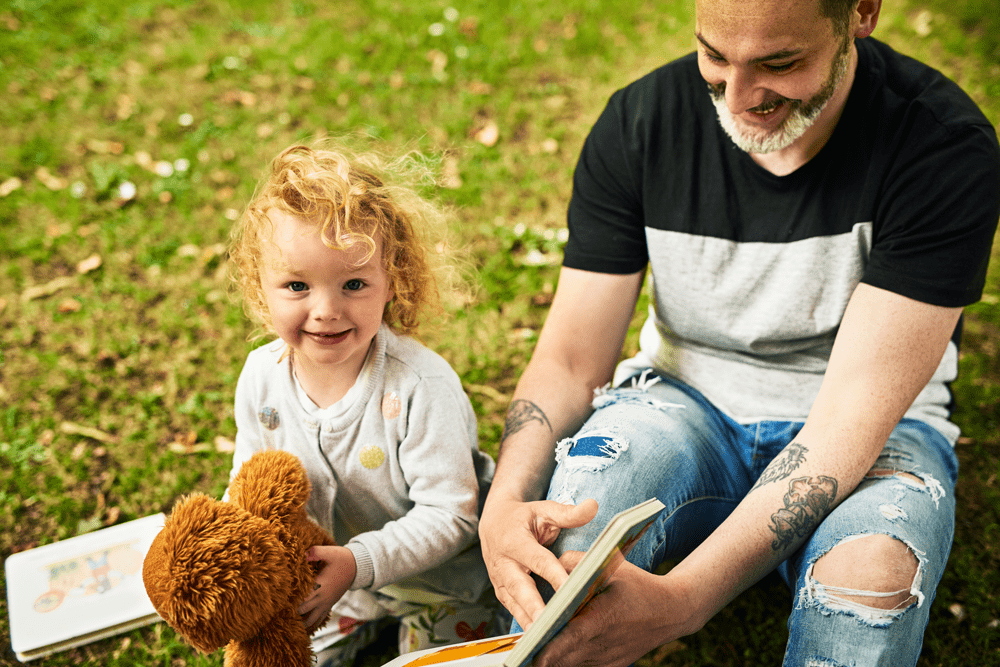The word attachment describes the deep enduring emotional connection established between an infant and his or her primary caregiver in the first years of life. The quality of the attachment bond influences the child’s emotional and physical development, and becomes the foundation for the development of basic trust & reciprocity, self-worth, and feelings of safety & security. In other words, it serves as a template for future emotional relationships and therefore shapes how the infant, the child and later the adult will relate to other individuals and the world.
This vital process of attachment with a caregiver may have been disrupted for numerous reasons:
- Sudden or traumatic separation from primary caretaker (through death, illness, hospitalization of caretaker, or removal of child)
- Illness or pain which cannot be alleviated by caretaker
- Frequent moves and/or foster placements
- Chronic depression of primary caretaker / other mental illness of caregiver
- Parental alcohol or substance misuse
- Physical, emotional, or sexual abuse
- Neglect (of physical or emotional needs)

If the process of attachment with a significant adult is disrupted a child may struggle with his or her emotional development. Relationships with others do not feel safe and are dominated by mistrust. The world is experienced as a threatening place and life as painful and burdensome. In children this may manifest itself in the following:
- Low self-esteem
- Neediness, clinginess, or over-independent
- Decompensate when faced with stress and adversity
- Lack of self-control
- Impulsivity
- Lack of empathy, compassion and remorse
- Unable to develop and maintain friendships
- Alienated from and oppositional with caregivers and other authority figures, i.e. teachers
- Antisocial attitudes and behaviours
- Incapable of genuine trust, intimacy and affection
- Negative, hopelessness
- Behavioural and academic problems at school
Adult Attachment difficulties
Unresolved childhood attachment issues leave an adult vulnerable to difficulties in forming secure relationships, and may prevent the adult from fulfilling his or her full potential. Patterns of attachment continue through the life cycle and across generations. If an adult does not feel safe with others, he/she will tend to be either rejecting of others or clingy. There is a strong correlation between insecure adult attachment and marital dissatisfaction and negative marital interactions.
Depending on the genetic personality style of the individual and the early life events experienced, insecurely attached adults may struggle with:
- Intense anger and loss
- Low – Self esteem
- Anxiety
- Relationships feel either threatening to one’s sense of control, not worth the effort, or both
- Compulsive self-reliance
- Depression
- Fear of closeness in relationships
- Avoidance of intimacy
- Self-critical
- Rapid relationship breakups
- Intense jealousy, possessiveness
- Preoccupation with relationship
- Self-harm
- Suicidal thoughts
The aim of therapy is to support the client in identifying and working through early traumatic experiences. Gratefully, attachment styles are not fixed in stone and with either positive life experience or appropriate therapeutic intervention and a strong desire for change adults can alter their relationships and experience true intimacy and closeness. The overall benefits of entering psychotherapy include self-insight, inner fulfilment, raised self-esteem, a positive outlook and improved relationships.



























